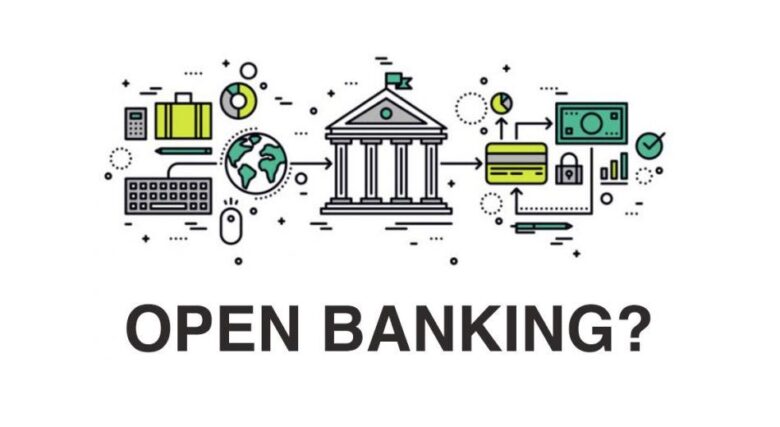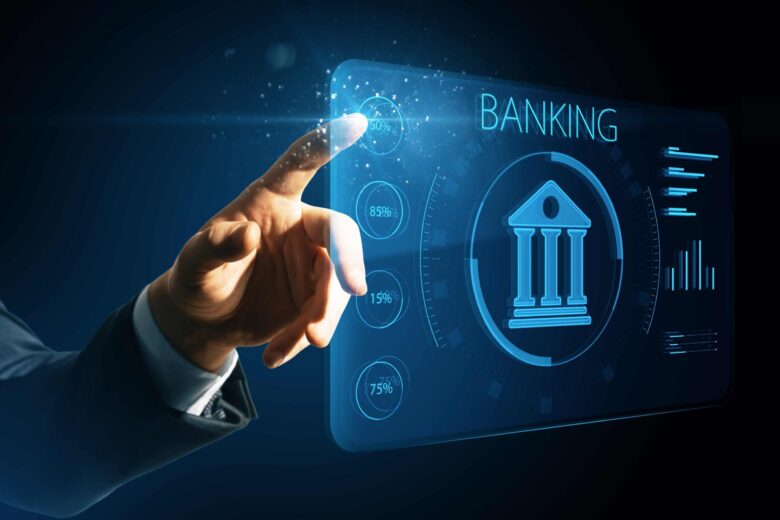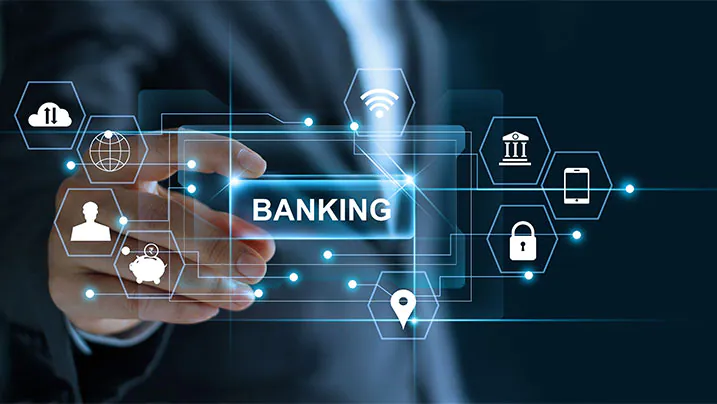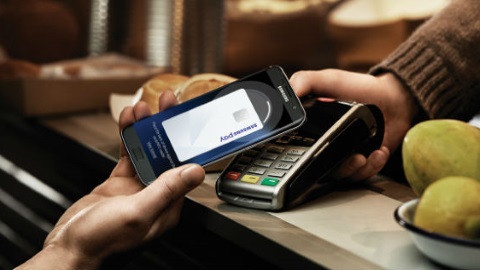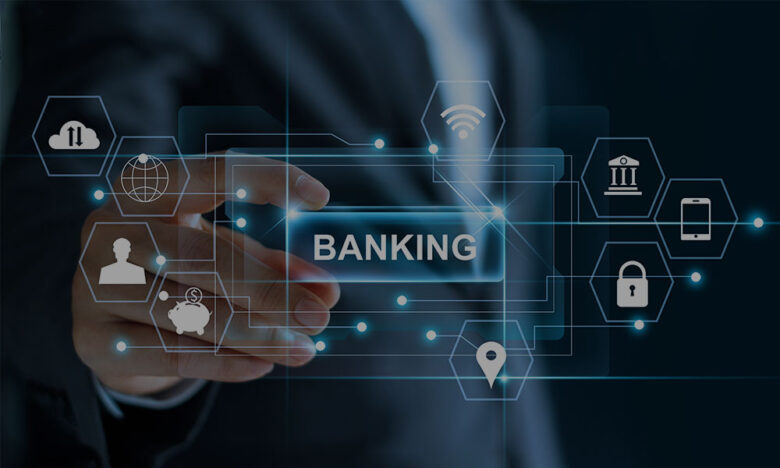Open banking is a new type of financial technology that is changing the way banks, users, and third-party service providers collaborate. Essentially, open banking enables banks to securely share customers’ financial information with authorized partners through application programming interfaces (APIs). This means that banking services are no longer limited to a single company but become …
As we approach 2030, digital banking will quickly become the primary way people manage their finances. Digital banking is no longer just an alternative to traditional banking. With a growing number of mobile apps, online platforms, and digital services working seamlessly together, expectations are shifting. Neobanks and fintech companies continue to evolve, offering highly specialized, …
The way people handle money has changed significantly in recent years. One of the most striking shifts is the transition to a cashless society, where digital payments replace cash. Technological advancements and evolving consumer preferences drive this change. Smartphones, mobile apps, and high-speed internet connections have made cashless payments easier than ever . People now …
As more people bank digitally, security issues are becoming increasingly important. New digital banks (neobanks) offer quick, convenient, and user-friendly services through mobile apps or websites. Digital banks offer 24/7 service, lower fees, and advanced technology, but protecting your money and data remains your responsibility. Digital banks use technology to protect people from fraud, cyberattacks, …
In today’s fast-paced digital world, financial education is more important than ever. Teens have grown up with mobile phones and the internet, so learning about digital currencies, online shopping, and cash transactions is a natural progression for them. Parents need to ensure that their teens not only understand how to use money but also how …
Digital banks are at the forefront of a technological revolution that is rapidly transforming multiple sectors. Artificial intelligence (AI) has become a crucial part of the infrastructure of many digital banks, transforming the way they provide services and how customers interact with them. AI helps banks function more smoothly by automating tasks, making intelligent decisions, …
Digital bank accounts are a new way to manage your money, allowing you to do everything online without visiting a physical branch. These banks are also called “neobanks” or online banks. They operate through mobile apps or websites. They may offer the same services as traditional banks, such as checking and savings accounts, but are …
Recently, digital banking has radically changed the way people manage their finances. Traditional banking often required visits to branches or manually tracking expenses. Digital banking, on the other hand, allows people to manage their money directly through user-friendly apps and websites. One of the biggest benefits of this change is that budgeting has become much …

